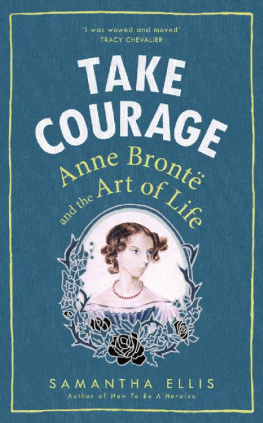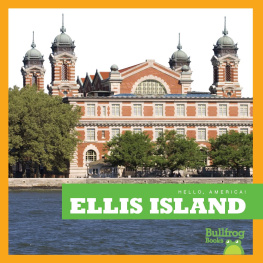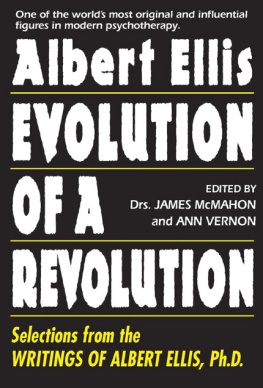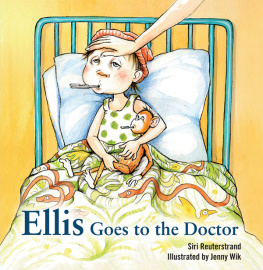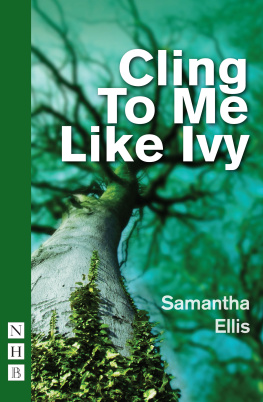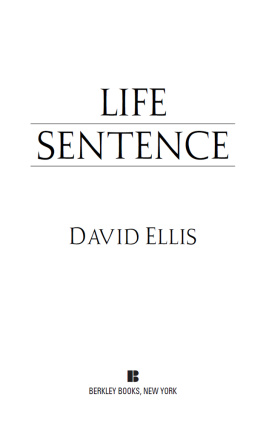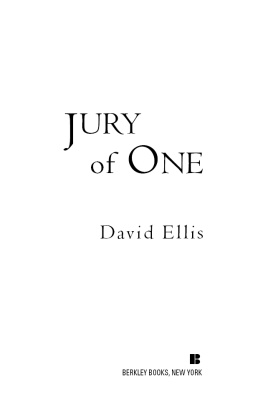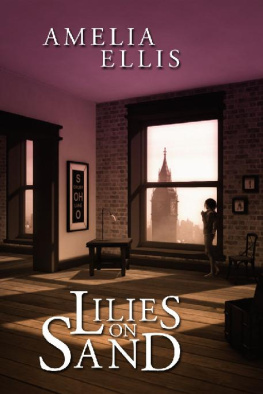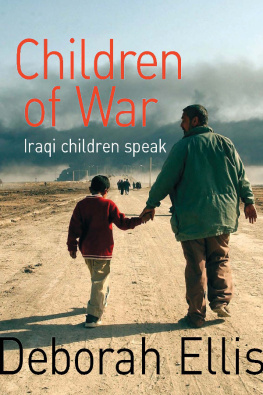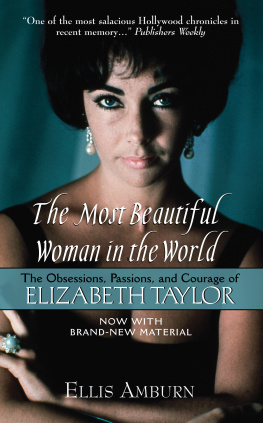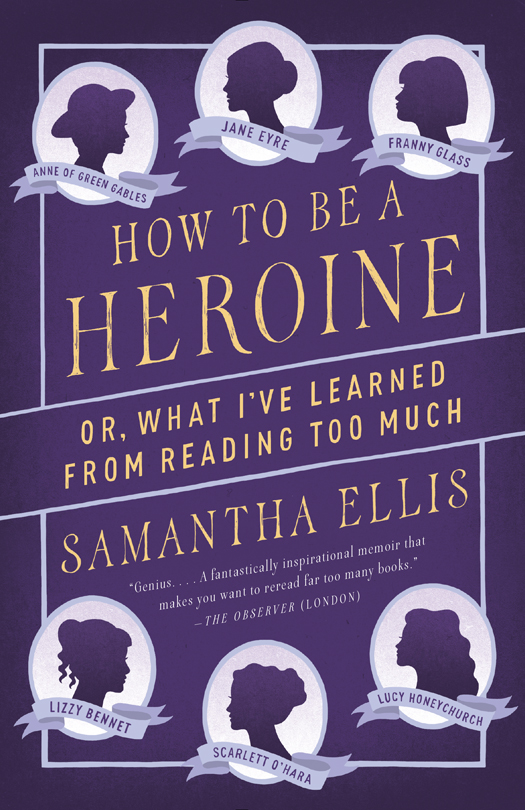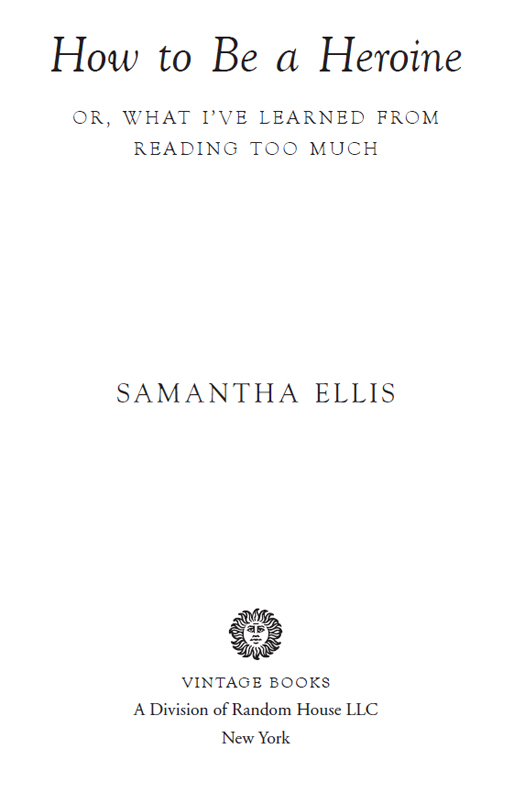Praise for Samantha Elliss How to Be a Heroine
[A] warm-spirited biblio-autobiography. [Ellis] is endearingly open about her vulnerabilities, superstitions, love tangles and defeats and is adept at droll asides.
The Guardian (London)
An honest, warm and readable book about the plots we follow in order to make sense of our lives, the selves we adopt as we grow up and the selves we shed as we grow out of them. At its heart is an exploration of the way women read: diving in with abandon, losing ourselves in words, collapsing into characters, only ever half-returning to real life. There are bits of us left behind in every book we have ever loved. Wise, courageous and endlessly generous, Ellis is something of a heroine herself.
Literary Review
All the books I love, remembered.
Nigella Lawson
An honest and openhearted book by someone whose life has been informed and enriched by her reading.
Susan Hill, The Times (London)
[How to Be a Heroine] fizzes along, thanks to Elliss warm humor and interesting backstory. Plus how could we resist a book that reminisces about Judy Blume novels?
Glamour
Pithy, funny and poignant.
The Jewish Chronicle
Any woman with a remotely bookish childhood will find great pleasure in How to Be a Heroine. Like Ellis, I find it reassuring that Lizzy Bennet can admit that she was wrong about Darcy, have used Scarletts indomitable mantra in times of adversity, and have every sympathy with the women who keep their bank accounts separate as in Lace.
Daisy Goodwin, The Sunday Times (London)
Ellis is delightfully honest and warmly funny about where and how her life has gone wrong and right. By the end of this charming book, she has used female fictional characters to explore religion, love, marriage, sex, spinsterhood and work.
Daily Mail (London)
A real treat.
Good Housekeeping
[A] jaunty, witty book.
The Daily Telegraph (London)
Ellis proves funny and thoughtful, alive both to the indulgence of reading (preferably in the bath, with a glass of wine) and to her own capacity for false enchantment. [She] not only makes you want to go and reread your own teenage canon but to recapture that mode of absorbing novels.
London Evening Standard
[A] warm, witty memoir. [A] life-affirming feminist text, but one delivered with such dexterity and sly humor that it never feels like a polemic or a prescription, making it well worth your time.
The Scotsman
SAMANTHA ELLIS
How to Be a Heroine
Samantha Ellis is a playwright and journalist. The daughter of Iraqi-Jewish refugees, she grew up thinking her family had travelled everywhere by magic carpet. From an early age she knew she didnt want their version of a happy endingmarriage to a nice Iraqi-Jewish boyso she read books to find out what she did want. Her plays include Patching Havoc, Sugar and Snow, and Cling To Me Like Ivy, and she is a founding member of the womens theatre company Agent 160. She lives in London.
A VINTAGE BOOKS ORIGINAL, FEBRUARY 2015
Copyright 2014 by Samantha Ellis
All rights reserved. Published in the United States by Vintage Books, a division of Random House LLC, New York, a Penguin Random House company. Originally published in Great Britain by Chatto & Windus, an imprint of The Random House Group Limited, London, in 2014.
Vintage and colophon are registered trademarks of Random House LLC.
Grateful acknowledgment is made to the following for permission to reprint previously published material:
HarperCollins Publishers: Excerpt of four lines from Cut from Ariel by Sylvia Plath, copyright 1963 by Ted Hughes. All rights reserved. Reprinted by permission of HarperCollins Publishers.
New Directions Publishing Corp.: Excerpt of three lines from The Glass Essay from Glass, Irony and God by Anne Carson, copyright 1995 by Anne Carson. All rights reserved. Reprinted by permission of New Directions Publishing Corp.
Library of Congress Cataloging-in-Publication Data
Ellis, Samantha.
How to be a heroine : or, what Ive learned from reading too much / Samantha Ellis.
pages cm. (Vintage original)
Includes bibliographical references.
1. Heroines in literature. 2. Women in literature. 3. Ellis, SamanthaBooks and reading. I. Title.
PN3411.E45 2014 809.3927dc23 2014021162
Vintage Trade Paperback ISBN: 978-1-1018-7209-3
eBook ISBN: 978-1-101-87210-9
Cover design and illustration by Joan Wong
www.vintagebooks.com
v3.1
For my mother, and for Emma, top heroines
CONTENTS
INTRODUCTION
A couple of summers ago, I was on the Yorkshire moors, arguing (over the wuthering) with my best friend about whether wed rather be Jane Eyre or Cathy Earnshaw.
I thought Cathy. Obviously Cathy. The point of this walk (this pilgrimage) was to see the ruins of the farmhouse that inspired Wuthering Heights, which loomed at us promisingly from the top. Wed both, without consulting each other, worn lace-edged T-shirts in honour of the occasion, and after stopping off for supplies in Haworth, here we were at last, and it was just as Id imagined: all rain-green moorland, spiky heather, a turbulent waterfall and signs beguilingly translated into Japanese (the Bronts are big in Japan).
It was supposed to be Emily Bronts favourite walk. She was an inveterate walker, always out, in all weathers. Once, she found a merlin hawk in an abandoned nest and brought him home. She called him Hero. Or possibly Nero. No one can read her handwriting. She painted a watercolour of him, and in her poem, The Caged Bird, she imagined him longing for Earths breezy hills and heavens blue sea. And in fact he did escape, while she was away studying in Brussels, and when she got back she could find no trace of him.
I hoped we might see a hawk. But I was excited just to be there, on the moor Emily had walked, the moor Cathy spends whole days out on, and haunts after her death. I was just about managing to stop myself from yelling out to Heathcliff that it was me, Cathy, coming home.
So stoic, virtuous, plain Jane was very much not on my mind. But Emma argued that Jane was independent, she knew who she was, she didnt suffer fools and she stuck to her principles. And Cathys just silly. Ignoring my howls of fury, she continued, Shes always weeping and wailing, and she says she loves Heathcliff but she marries the rich boy because shes a snob, and that makes everyone unhappy.
I defended Cathy. Shes passionate and headstrong and gorgeous. You cant like her just because shes pretty, said Emma. All right, but Cathy doesnt mean to marry the wrong man. Shes pushed into it. And she regrets it, doesnt she? Emma asked, Why not just not marry the wrong man?
I was thrown. Emma had been my best friend since we were eleven, which meant wed been lending each other books and passionately discussing them for over twenty years. Shed introduced me to J.D. Salinger, Id introduced her to Antonia White. We had once spent a whole week lying side by side on a beach, both reading War and Peace. We didnt always agree. Not agreeing was part of the fun. But this was different.


